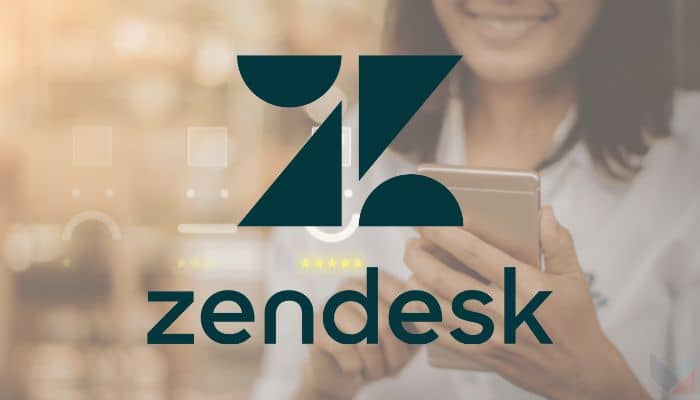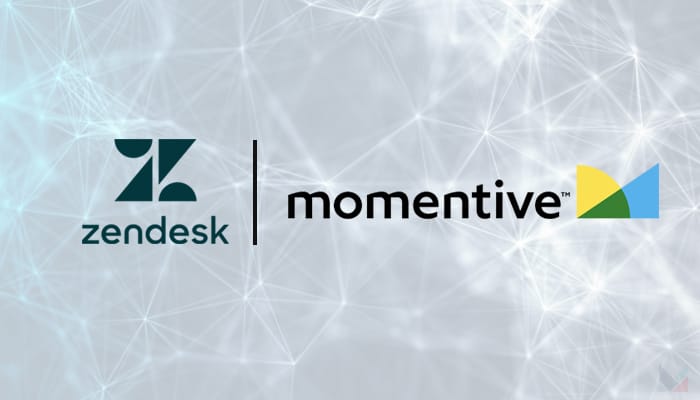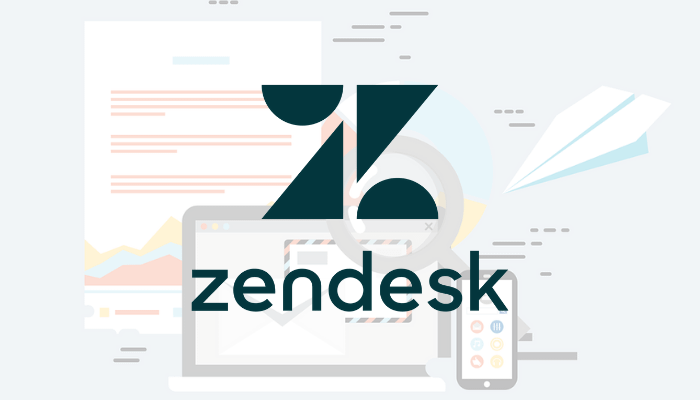Singapore – Customer service tech Zendesk recently announced Intelligent Triage and Smart Assist, new artificial intelligence (AI) solutions empowering businesses to triage customer support requests automatically and access valuable data at scale. By democratising access to these solutions, Zendesk aims to help companies better understand intent and sentiment through account-specific, data-driven models that are customised for individual use cases and drive faster resolutions.
According to Zendesk’s own study, only 7% of Singapore businesses are qualified as ‘CX Champions’ – those considered the highest standard-bearers – meaning there are only a few organisations in Singapore delivering exceptional customer services. Industry analysts also predict that AI will touch the majority of customer service interactions in the near future – but Zendesk research shows less than a third of companies are currently using AI to help their service teams become more efficient.
Intelligent Triage and Smart Assist are the next step in Zendesk’s vision to create accessible CX AI for companies of all sizes. The technology uses proprietary industry expertise and insights from trillions of customer data points and applies a vertical lens, creating custom models for businesses that are capable of identifying the intent, language and sentiment of each customer interaction.
This unique approach to applying machine learning creates more personalised and informed interactions to better serve customers. Specific inquiries, such as “I’m having problems with payment”, can be automatically sent to an agent equipped to handle billing for a quicker resolution, while inquiries that include language written in all capital letters or in a sarcastic way will indicate a highly negative sentiment and be routed to the top of the queue.
The new capabilities will enable to instantly route and prioritise revenue drivers, ensuring agents are working on business-critical requests. Brands and companies will also be able to analyse distribution of requests so businesses can better plan operations, collaborate across departments and identify improvement opportunities supported by data for more efficient CX operations.
Other capabilities of the new solutions also enable to automatically guide agents on how to best resolve a customer’s issue in real-time, continuously boost accuracy as the AI solutions receive feedback on predictions and recommendations, and detect sensitive information automatically to meet compliance and security needs or extract confidential data like names, addresses, phone numbers, usernames, and financial info for use in workflows
All these capabilities are offered out-of-the box, included with The Zendesk Suite Enterprise Edition, instead of requiring months of training or costly developer support.
“When it comes to helping businesses of all sizes improve their CX delivery, an important part of the strategy is lowering the barriers of entry for adoption – and advanced technology such as AI and machine learning are often not accessible without expensive upfront costs,” said Wendy Johnstone, chief operating officer of Zendesk APAC.
Meanwhile, Cristina Fonseca, vice president of product at Zendesk, said, “Instead of putting bots that aren’t fully trained in front of customers, causing frustration and many times lost business, Zendesk’s fundamentally different approach takes the burden and complexity off of customers, allowing companies to build powerful applications on top of a strong foundation. ”
Intelligent Triage and Smart Assist technology are initially focused on retail/eCommerce use cases, with more industries to roll out.






